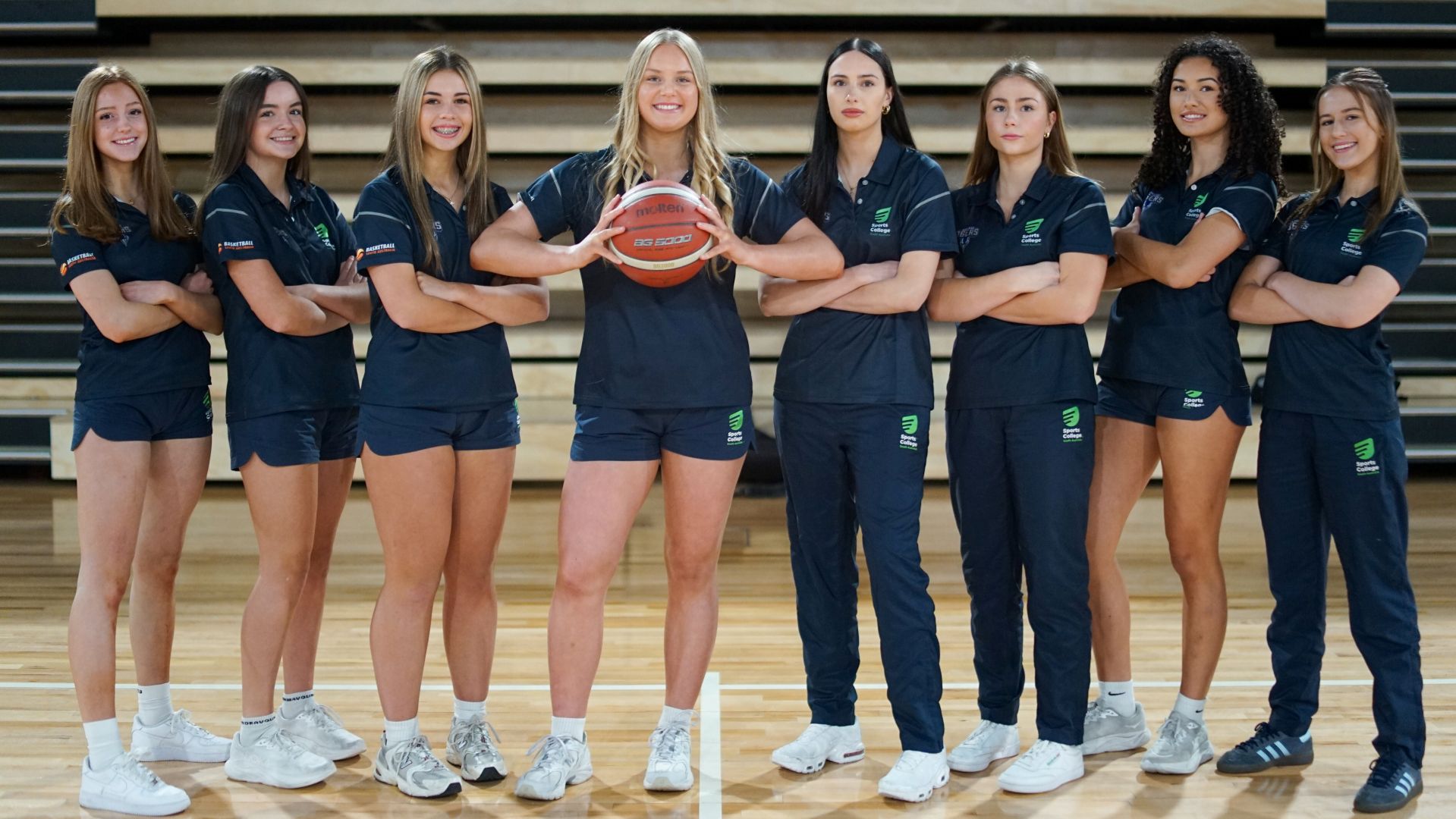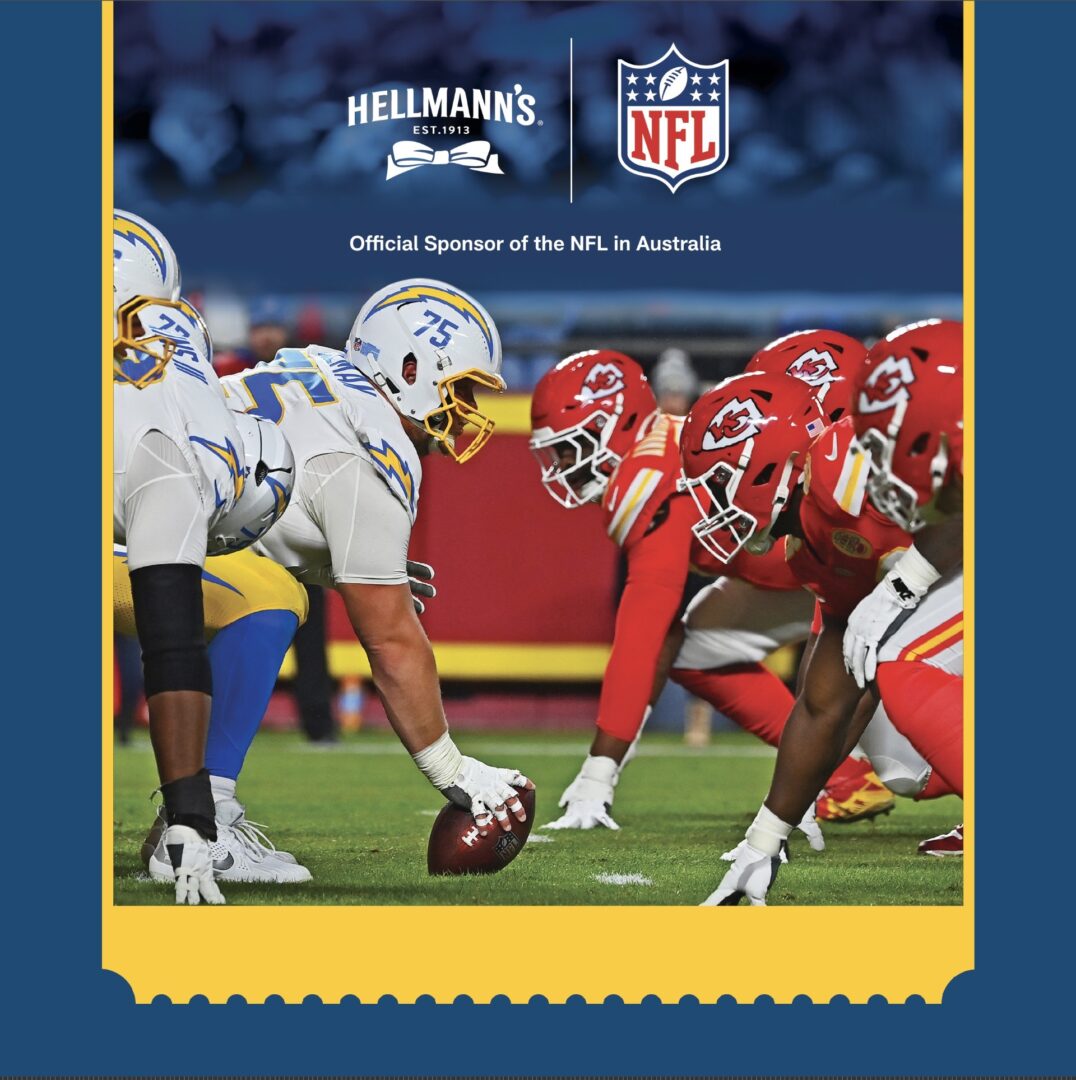In an exclusive interview with Ministry of Sport, for the ‘Brand Break’ interview series, LaSource co-founder and CEO, Samuel Westberg, broke down the metaverse and the importance of new technologies for fan engagement.
Commenting on how LaSource works with broadcasters to create fan engagement, Westberg said the European sports ecosystem was built on broadcasters paying a lot of money to acquire content, with leagues distributing funds to clubs.
“We also work with broadcasters who only have linear streams,” Westberg told Ministry of Sport.
“We are the digital generation who grew up with phones in our hands, that was our way of connecting.
“We’re really trying to put what digital platforms allow you to do at the forefront of the scene and have organisations think about their workflows, not only through the traditional model but also the new generation of digital engagement with swipes, likes, and shares.
“Another important tool is social media, which was built on content being an element used to capture first party data, and to capitalise from there.
“Our human user behaviours make it so we like to see a lot of likes on our publications, and we like interacting on top of the content that’s relevant to us.
“In the past, it has been one organisation that’s distributed the content top down, now it’s more about the interaction and must be a two-way street.
“People want to be involved in the stories, which is why there’s a lot of influencers who want to participate and share their opinion to be part of the narrative.
“We’re trying to create digital first platforms and use those types of user behaviours on proprietary platforms.
“The other way is to create a two-way street, by either interacting on top of content or actively participating in content that you film yourself or want to relay on different platforms,” he said.
On the importance for companies to adapt to new technologies, Westberg said he originally came from VR company, LiveLike, where he learnt the impact of buzz, trends and global market value creation.
“There are some very powerful elements of the metaverse and some which aren’t as powerful,” Westberg said.
“I was born in the digital space, and I started building my career around selling VR due to Facebook acquiring Oculus for $2 billion and Goldman Sachs saying it would be a $100 billion industry, but it didn’t really evolve in the way analysts thought.
“The first thing is to be cautious with new technologies, but don’t fear them.
“I also think NFTs have a very big potential, but they’re just a digital tool.
“Creating NFTs and allowing users to mint them doesn’t have any value if you don’t have a marketplace or a strategy to activate them.
“So, they should be considered a tool that is very powerful.
“But I think we’re done with the days of minting an NFT will get you crazy short-term revenue, people want to know what their NFTs will be useful for beyond the collection side.
“Meaning it should be considered an extra tool for your digital strategy versus an immediate revenue share,” he said.
On the metaverse benefitting fans, communities, and companies, Westberg said there is huge potential in the metaverse, and due to increased screentime, younger generations have very different user behaviours compared to older generations.
“The whole digital era isn’t going to slow down, so the transformations of behaviours from one generation to another, will just keep evolving at a high speed,” Westberg said.
“There is potential and attention of the younger generations in this whole metaverse ecosystem.
“People in the sports industry also need to realise, there is a lot of intelligence in metaverse environments.
“For the moment NFT environments create their own marketplace, which allows organisations which aren’t digitally savvy to learn from those marketplaces, before creating their own internal strategy.
“But for the moment it must be guided and accompanied by third party organisations who can help with the overall strategy.
“Once there’s some take aways from sports audiences, there will be relevance to create your own strategy, but for the moment it’s about having visibility for younger generations who are in the metaverse versus being on the sports club platforms ecosystem,” he said.
On LaSource’s adapting strategy to create extensive fan engagement, Westberg said it’s mostly a shift in the approach for an organisation, where everyone needs to stop thinking they’re feeding content and instead see it as a two-way street.
“People are attracted by influencers who don’t produce content in 8K incredible formats all the time, we all go to Netflix and consume content every once in a while, but most of the content we follow is on social media, created by influencers publishing a lot of videos and bite sized content,” Westberg said.
“The whole shift in mindset is super important, it’s not only about high-quality content but it’s about the rhythm to publish content and the type of content that’s interesting,” he told Ministry of Sport.
To read the previous Brand Break, where Sportradar director of sports media and partnerships, Dave Edwards, discussed the National Basketball League’s growth through technology, data, click here.







